Three Ways You Should Be Using The Japanese Honorific お (Part 1)
/Fairly early on in your Japanese-learning journey, you'll learn some set phrases like:
o-genki desu ka? (How are you?)
o-shigoto wa nan desu ka? (What's your job?)
Usually I teach that the “o” in o-genki desu ka makes the question more polite. This is true, but it’s not the whole story.
Honorific o (or sometimes go) is basically used for three things:
1) Being polite about someone else
It's good to be more polite about other people than you are about yourself, right?
So when you're speaking about someone else, there are certain words that get an o (or go) on the front:
o-shigoto お仕事 (your honourable job)
o-sumai お住まい (your respected abode)
Like in these common Japanese questions:
o-namae wa? お名前は? (What is your esteemed name?)
o-genki desu ka お元気ですか。 (Are you [person I respect] well?)
When you talk about yourself, however, don't use o or go: just namae, genki, kazoku, shigoto. You can't talk about your own o-namae or go-kazoku!
2) Sounding more polite generally
Adding o to a word can make your speech sound more polished. Words that don’t necessarily need o, but often get it, include:
sushi / o-sushi (sushi)
kome / o-kome (rice)
sake / o-sake (rice wine)
With these words, either way is fine. If you're trying to speak politely you might want to use the 'o' version.
Unlike the first group, this kind of o isn’t anything to do with whose sushi or sake it is. It just sounds a bit nicer if you stick the o on there. Like you’re respecting the rice.
3) Some words just always have it
So, some words need o/go only when you're talking about someone else. Others can either have it or not.
There's a third category, too - words where the o/go has been subsumed into the word completely, and can't really be detached:
Gohan (ご飯, meal/cooked rice) always needs go - there's no unadorned word "han" for rice (although there presumably was at some point.)
O-cha (お茶, tea) pretty much always gets o, as does o-kane (お金, money). Just cha or kane sounds quite rough.
Words like this don't really belong to the "o/go is polite" rule of thumb. It's best just to learn them as whole words.
O or go?
Generally, words of Chinese origin take the prefix go, instead of o:
go-kazoku (your esteemed family)
go-kyouryoku (your noble cooperation)
go-ryoushin (your respected parents)
There are some exceptions, though… but more on that next time.
First published (as “Hey! What’s That お Doing There?”) in December 2015
Updated 21 December, 2018



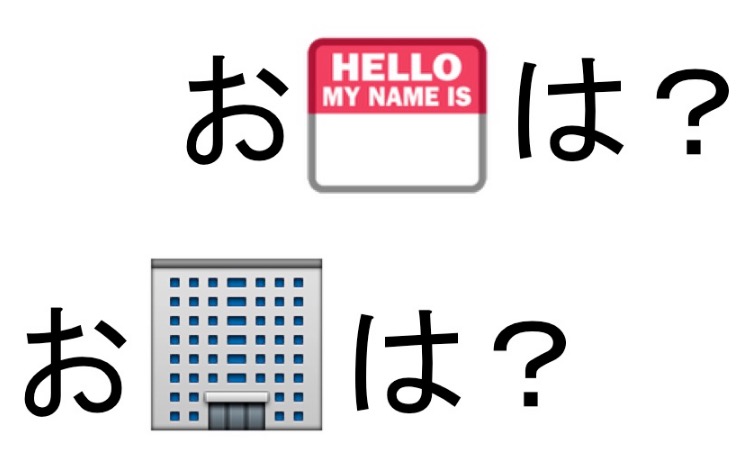





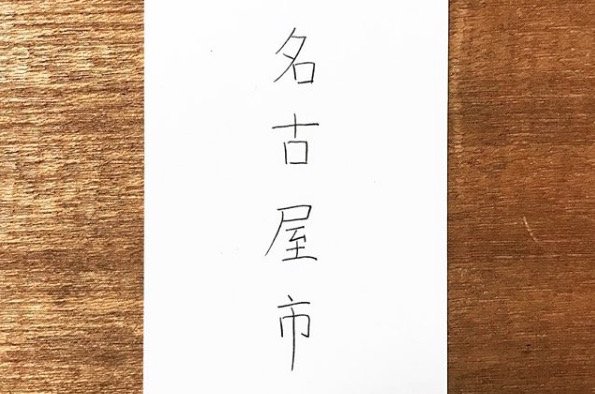

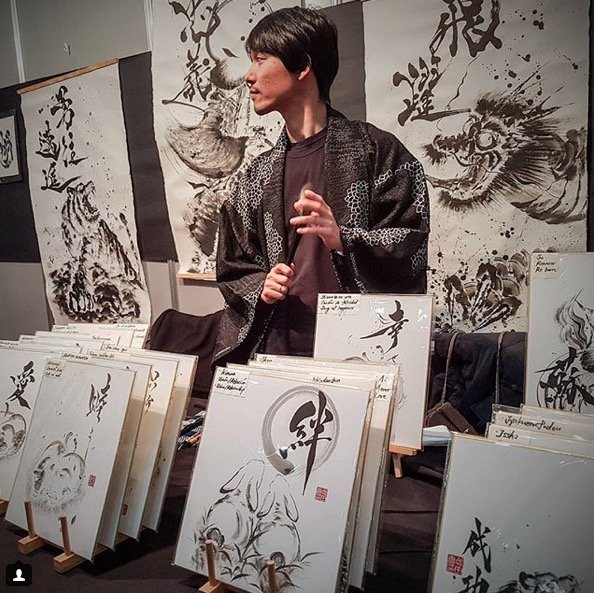
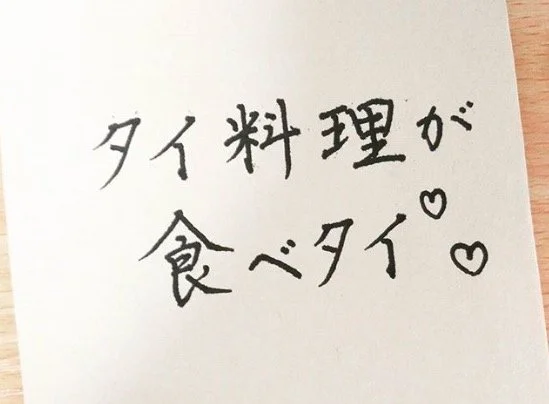
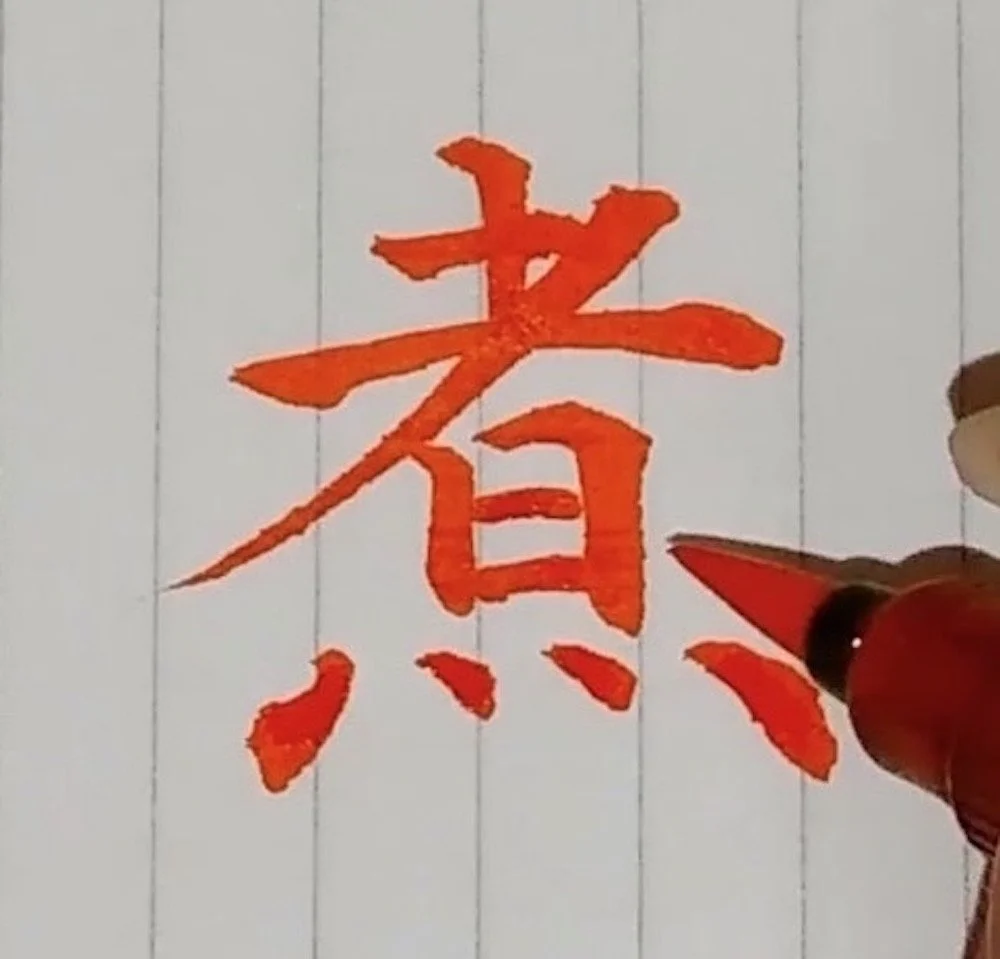
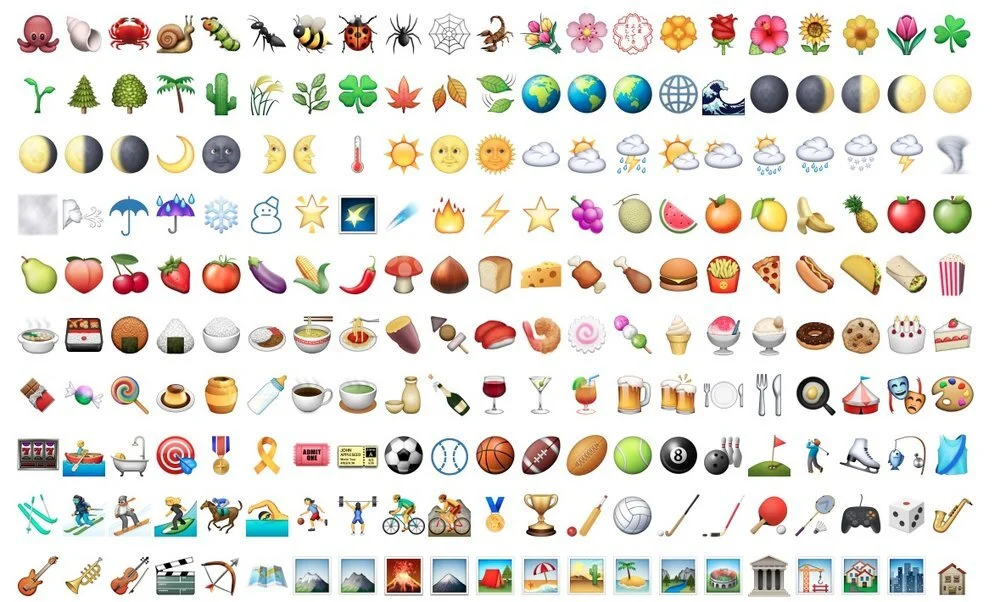


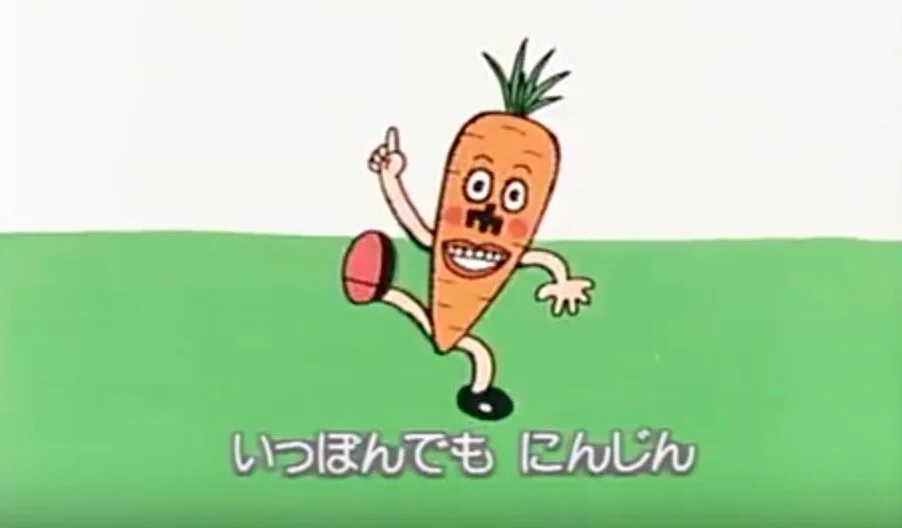


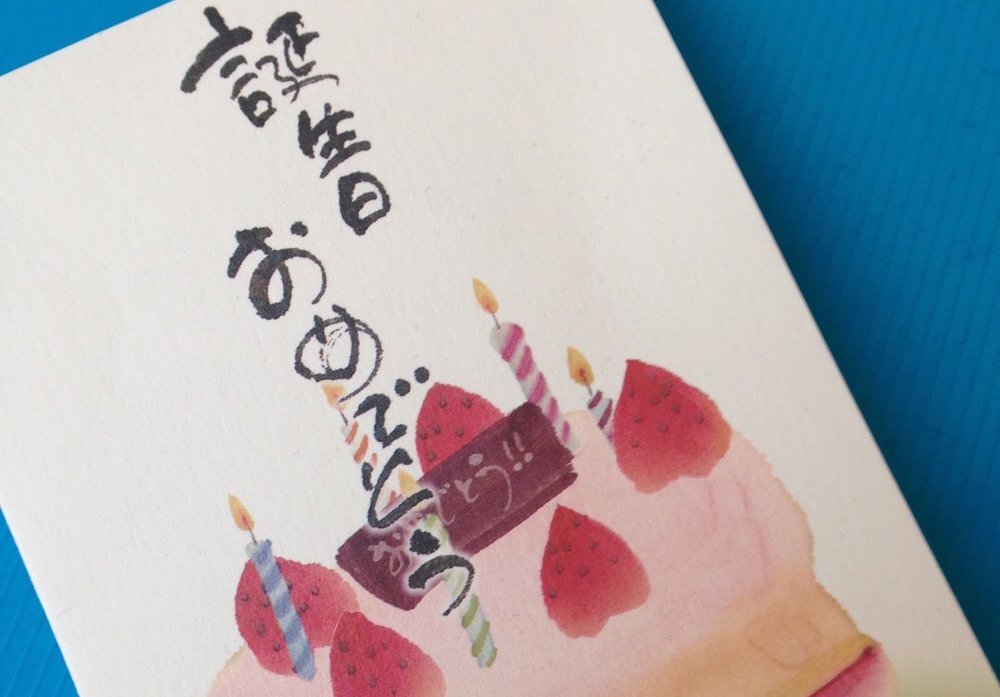




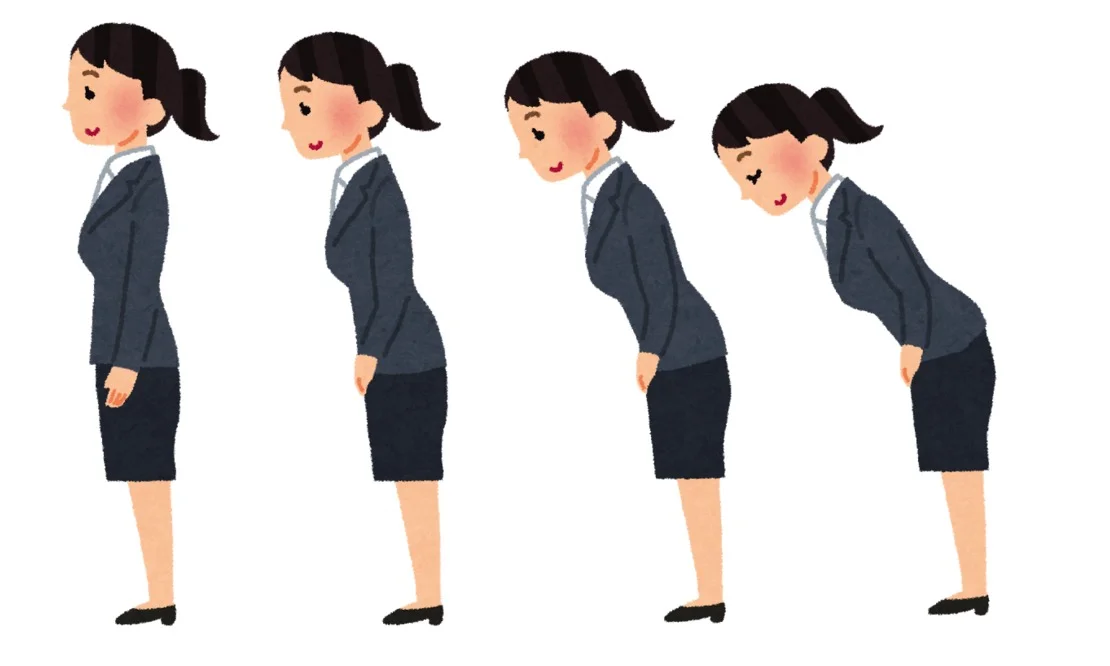









Like many people in the UK, I studied French in school. I liked French. I thought it was really fun to speak another language, to talk with people, and to try and listen to what was going on in a new country. (Still do!)
When I was 14 we went on a school exchange to the city of Reims, in northeastern France. I was paired with a boy, which I’m sure some 14-year-olds would find very exciting but which I found unbearably awkward. He was very sweet and we completely ignored each other.
That was nearly 20 years ago, and I didn’t learn or use any more French until, at some point in lockdown, I decided on a whim to take some one-to-one lessons with online teachers. Here are some things I learned about French, about language learning, and about myself.